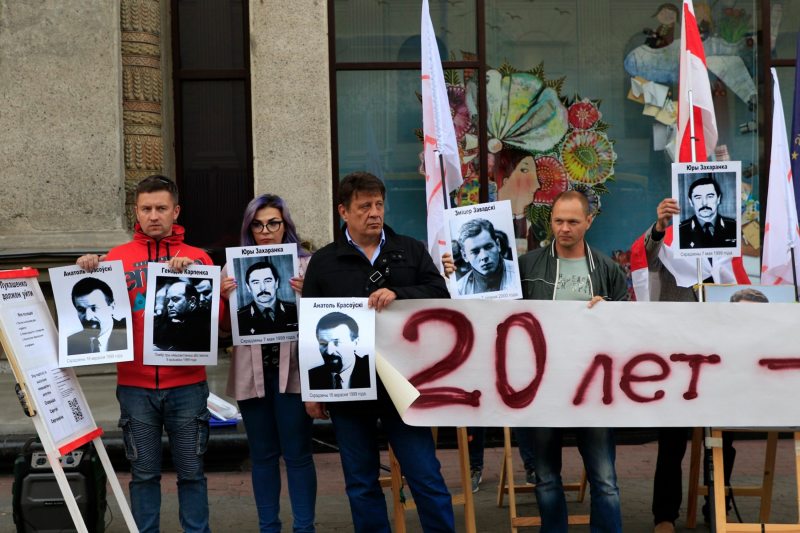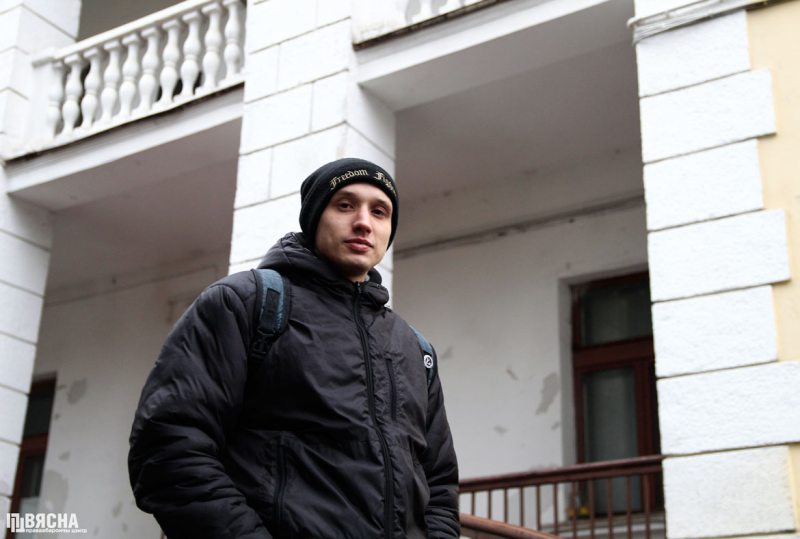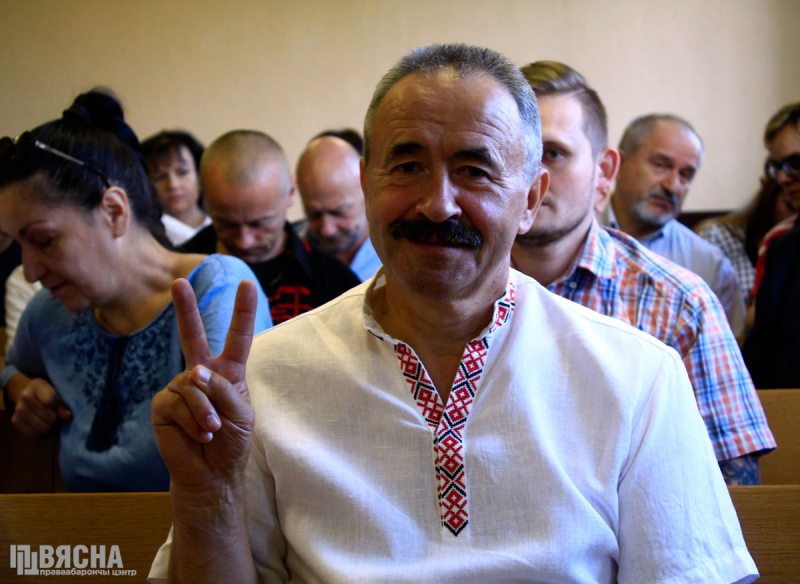Picks of the week
Mikalai Kazlou, leader of the opposition United Civil Party, has been officially warned by the district election commission over a picket staged on September 16. During the rally, the politician running for Parliament and his associates displayed a portrait of Viktar Hanchar, former chair of the Central Election Commission who was kidnapped and (most likely) murdered in 1999. They were also holding images of other persons critical of the Lukashenka regime who either went missing or died under controversial circumstances over the past 20 years.
The election authorities argued that Kazlou was not allowed to do that, as the only authorized purpose of the protest was urging passers-by to sign for his nomination as a candidate. As a result, the UCP leader may face a ban on running for the House of Representatives if he or his nomination group commit another violation.
Meanwhile, some of the pro-government nominees have already declared themselves candidates. In particular, Viktar Malatounik running in electoral district No. 110 in Minsk has been campaigning, calling himself a candidate, before official registration.
The trial of former political prisoner Dzmitry Paliyenka will open on September 25 at the Minsk City Court.
Amnesty International’s ex-prisoner of conscience is charged with committing four criminal acts, including using pepper gas against a drunken passer-by and publicly insulting former Interior Minister Ihar Shunevich.
Paliyenka was arrested on March 20 and has been held in pre-trial detention since then.
If found guilty, he may be imprisoned for up to 10 years.
Henadz Fiadynich and Ihar Komlik, leaders of the REP trade union, have been finally allowed to recover the office equipment seized from them as part of their criminal prosecution, which resulted in a highly disputed trial that sent them to four years of house arrest in August 2018.
“We had filed several requests about this, but it didn’t help. It’s been a year since the trial,” Fiadynich told palitviazni.info.
REP’s leader believes that the decision to return the equipment is a response to an open letter by the trade union’s interpreter Leanid Shchukin, who was a witness in the case, to head of the Presidential Administration Natallia Kachanava.




















